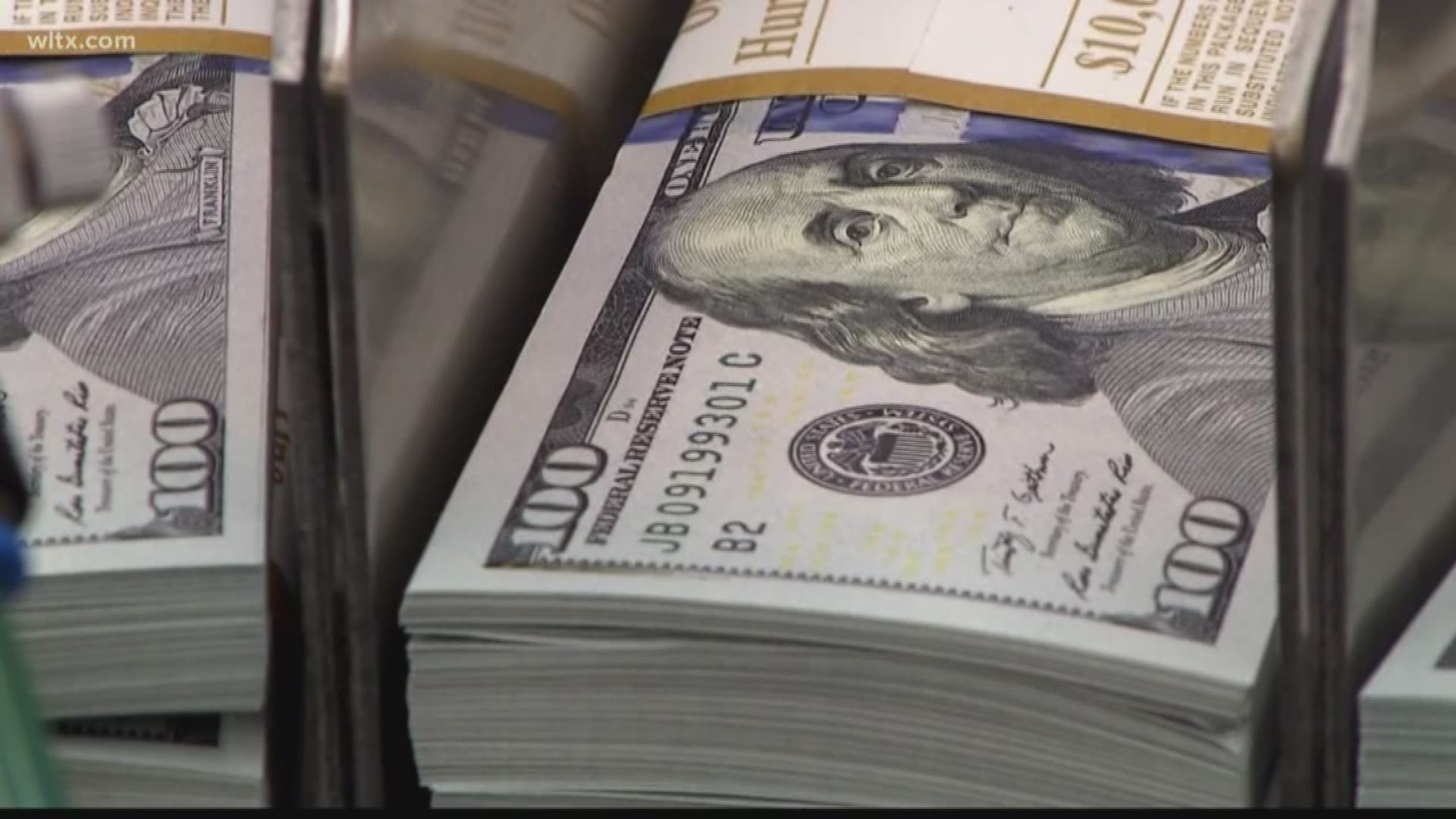COLUMBIA, S.C. — In a 24 to 0 bipartisan vote, the South Carolina House Ways and Means Committee approved their budget proposal, setting the stage for major debate next month.
After approving a few remaining amendments on Thursday afternoon, the Committee passed the proposed budget without fireworks.
Committee Chairman and Republican Murrell Smith, Sumter, said the focus again is education.
“We made a substantial investment in education. This is my 20th session now I've been over here and I don't think we've ever dedicated more resources to education than this year. Not only did we fund teachers, which is a promise we had made, and we initially said we were going to try to accomplish that over five years, and we accelerated some of that teacher pay raise this year since we had some additional dollars come into the state,” Smith said after the vote.
The proposal gives $3,000 raises to every teacher, increases the base student cost to $2,500, and gives an additional $10,000,000 for more school resource officers.
House Minority Leader Todd Rutherford said it's one of the reasons it has his support.
“You continue to hear the banter that we're not doing anything, we're not doing enough. You know, when I first started you had teachers in this state making less than $30,000 a year. This budget is going to put them at $38,000. These are huge advances that if people pay attention, they'll see what we're doing to make sure education is a priority in this state,” Rutherford said.
Currently, the state’s starting teacher minimum is $35,000.
The budget proposal also allocates $50,000,000 to a Natural Disaster Resiliency Reserve Fund after years of natural disasters. The creation of the fund will require additional legislation from the General Assembly.
It also gives $100 million to the Department of Corrections to improve facilities.
And, in what is sure to be a controversial decision, nearly $250 million to taxpayers in the form of lower state income taxes and a credit.
RELATED: Teachers urge lawmakers to enact salary increases, classroom size limits, and other reforms
“We're going to return that back to the taxpayers in the form of a non-refundable credit on their tax refund, so each filer should receive a 100 dollar credit,” Smith said.
“This a hundred dollars to give back? I don't think we need to do that, I think we need to put more money towards education and give state employees a better raise and I think you'll see some amendments for that,” Rutherford added.
Governor Henry McMaster has pushed for another year of tax rebates and income tax reform. However, the rebate or refund idea, depending on the language, is controversial among lawmakers on both sides of the aisle, including Representative Rutherford.
A portion of the nearly $250 million is the $120 million set aside for income tax relief. Smith said the Committee set aside the money to prepare for the first year of a five-year reduction of the state’s highest income tax from seven to six percent.
Like the disaster fund, it also would require separate legislation to actually implement after the allocation.
The House budget also includes state employee pay raises, millions for law enforcement recruiting and retention, and higher education tuition freezes.
The debate about state employee raises is also likely to takeover the chamber as lawmakers disagree on merit-based or across the board percentage raises. Governor McMaster has repeatedly endorsed merit-based raises.
The House will begin debate on the budget proposal on March 9th.

